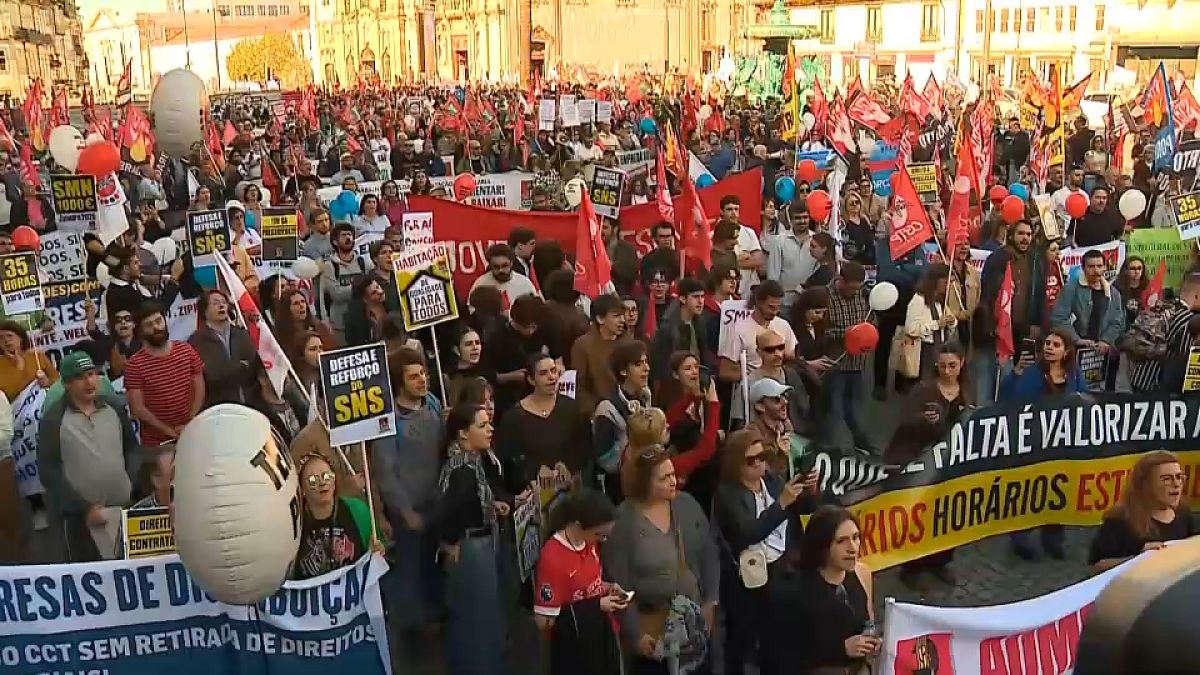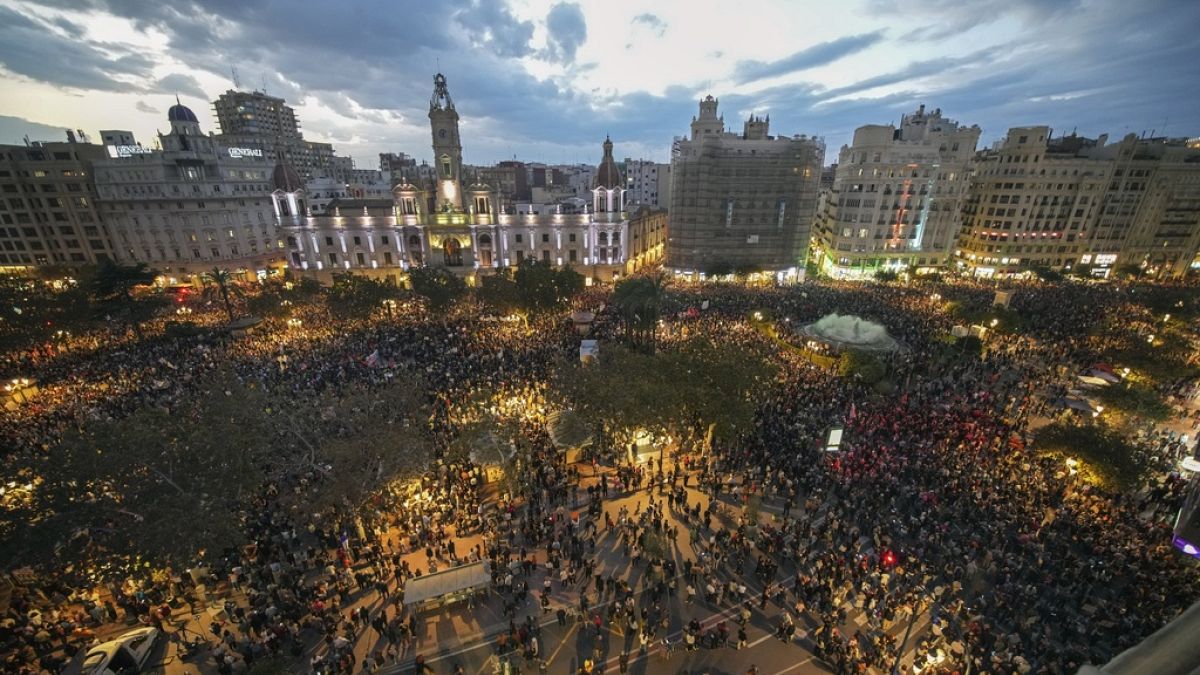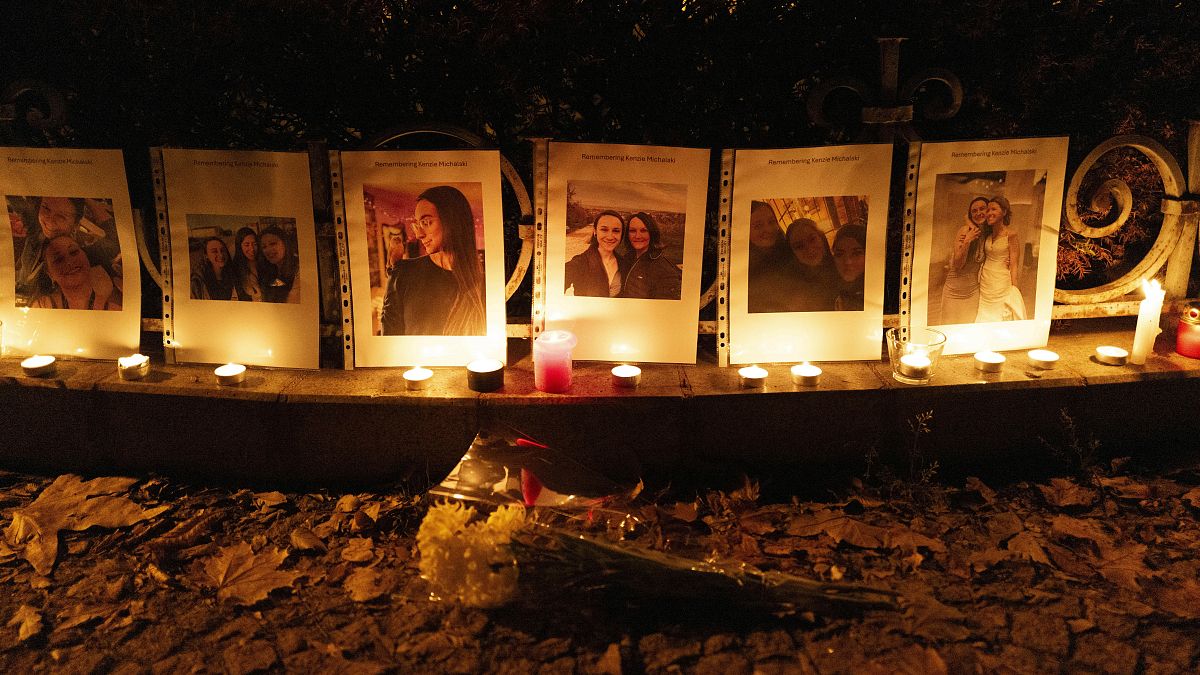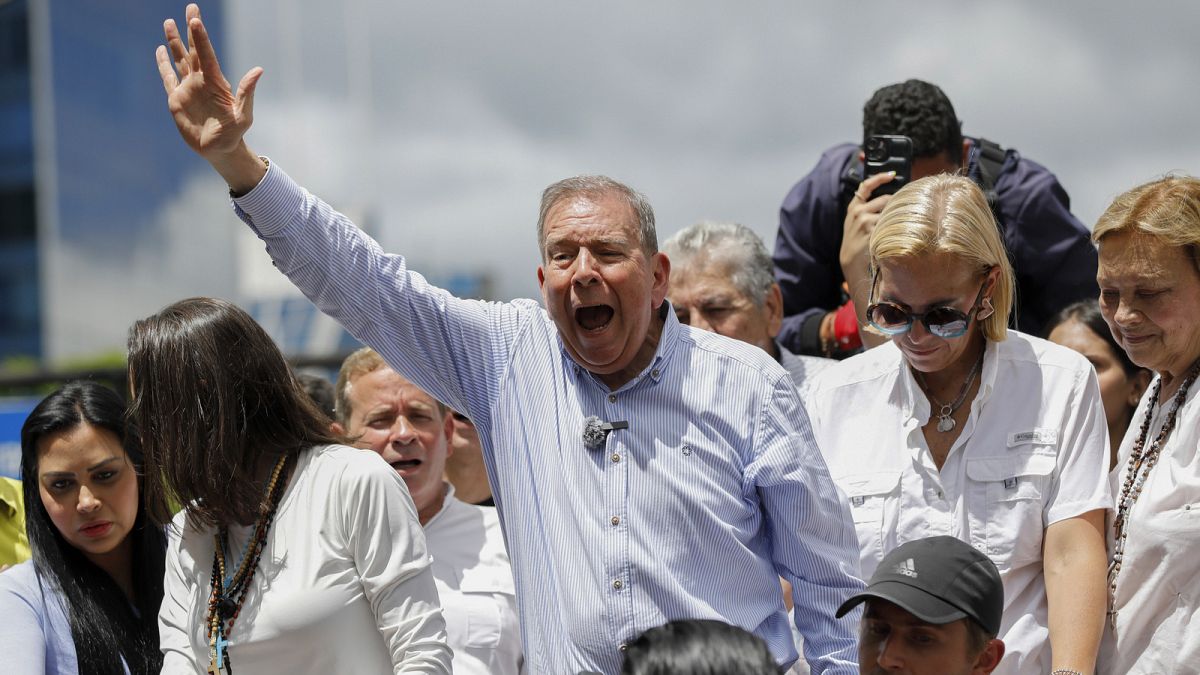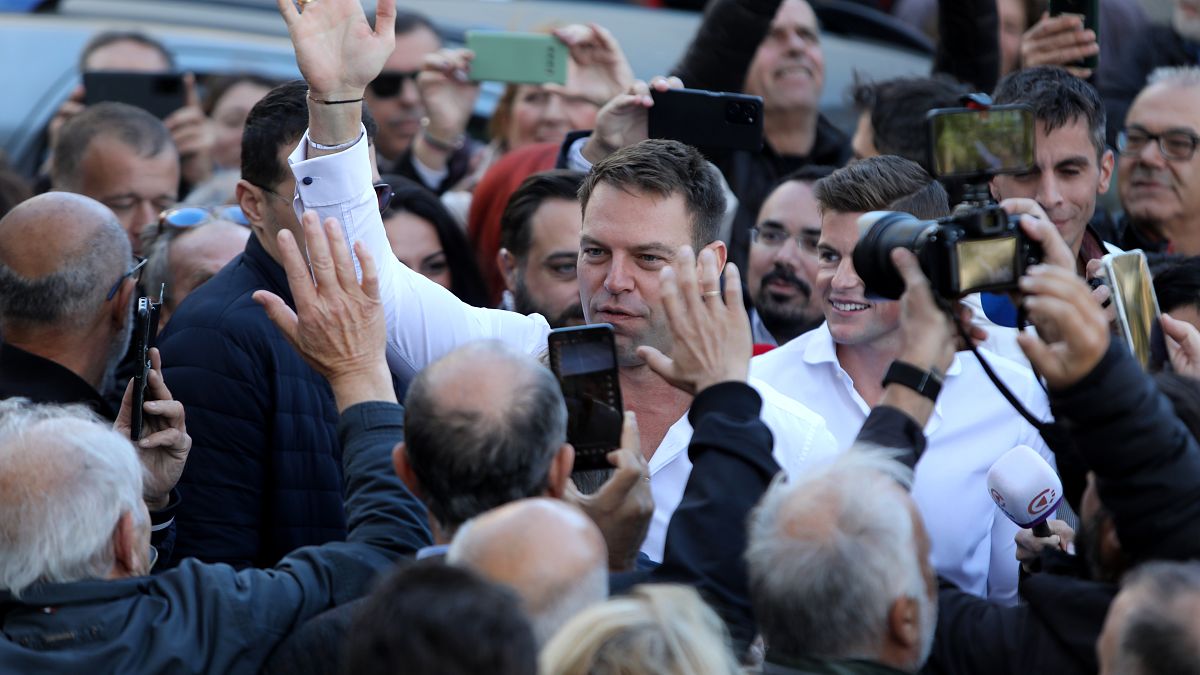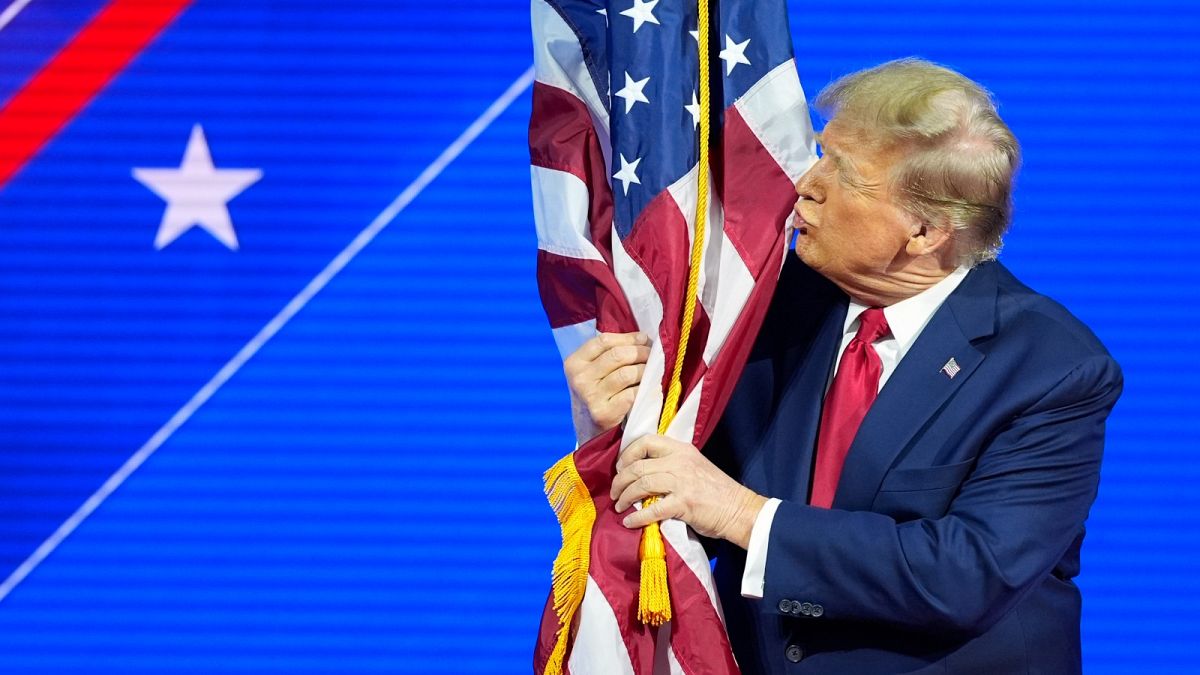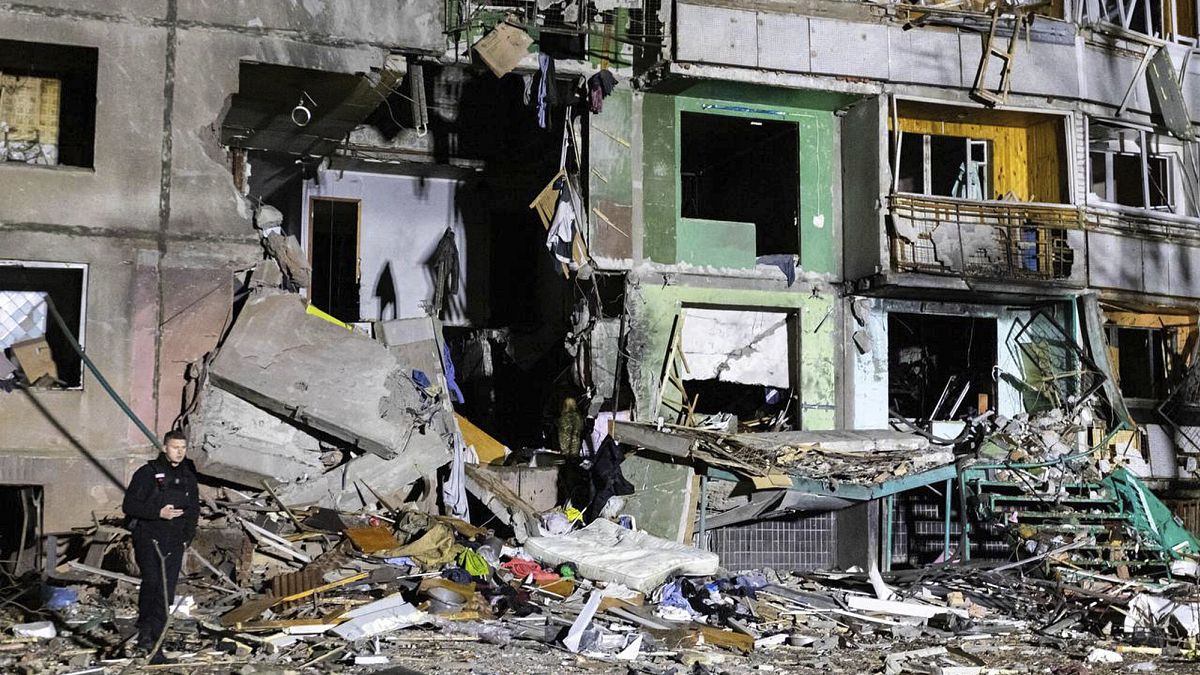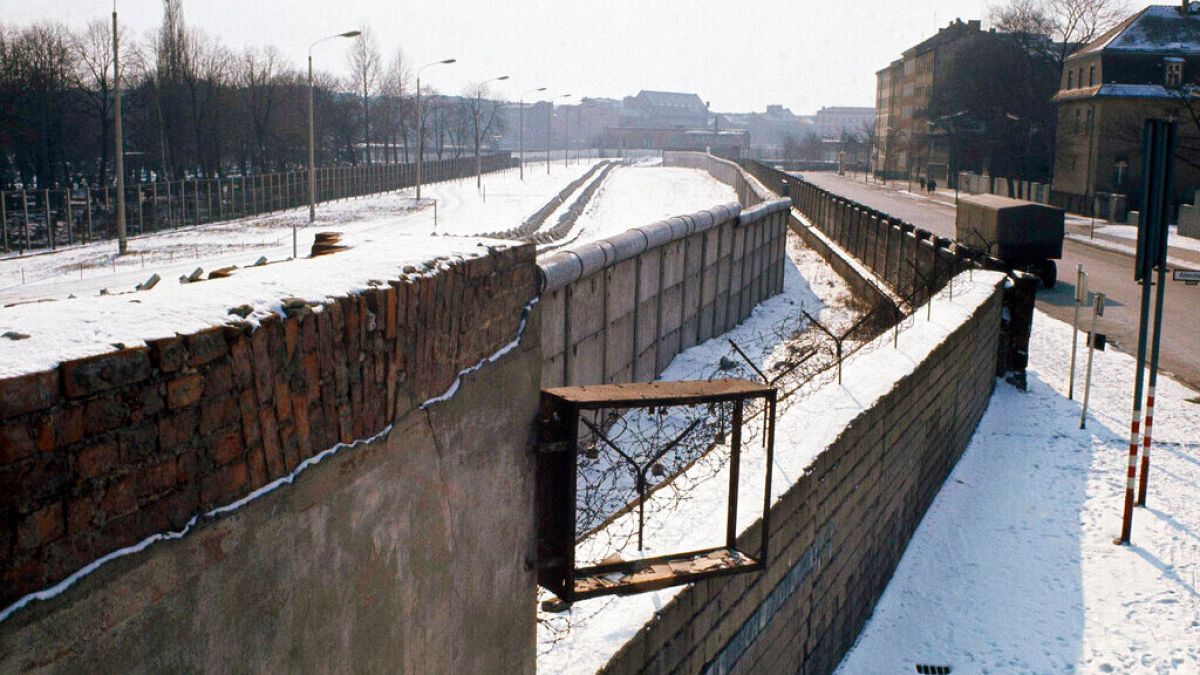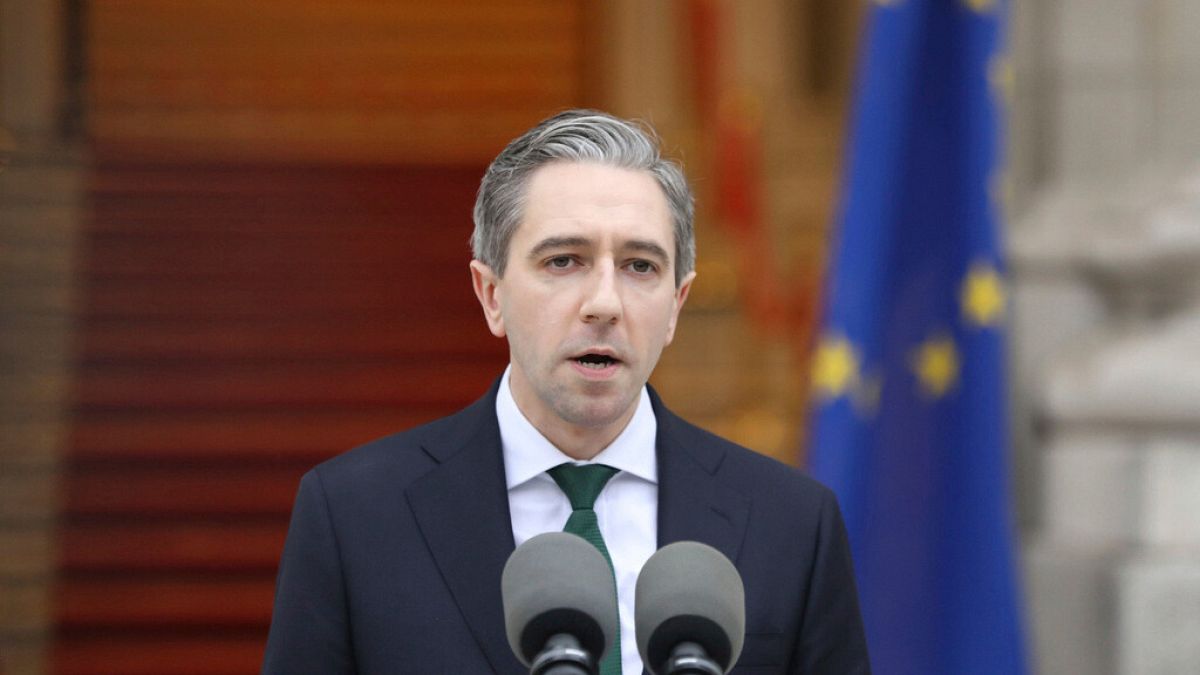It is the first time the Strasbourg hemicycle’s bolstered right-wing factions unite in a vote since June’s European elections.
The European Parliament has voted to recognise Venezuela’s exiled presidential candidate Edmundo González Urrutia as the “legitimate and democratically elected President of Venezuela,” marking the first time in the new legislature that mainstream conservatives ignore the cordon sanitaire and join ranks with the far right.
The resolution, which is purely symbolic and carries no legal weight, was the joint initiative of the centre-right European People’s Party (EPP), the hard-right European Conservatives and Reformists (ECR) and the newly-formed far-right Patriots for Europe.
It was passed with 309 votes in favour, 201 against and 12 abstentions, driving a wedge through the parliament’s pro-European coalition of centrist groups that re-elected Ursula von der Leyen as Commission president.
The hemicycle’s biggest faction, the EPP, had previously vowed to work together with its traditional, pro-EU allies – the Socialists, Liberals and Greens – after June’s poll and maintain a cordon sanitaire to prevent extreme forces from achieving greater power.
But the Venezuela vote has provided an unlikely first glimpse into how the centre-right could look to the far right of the hemicycle for majority support on votes.
The adopted text urges EU governments to recognise González’s victory and to request an international arrest warrant for Nicolás Maduro, who claimed a narrow victory in July’s widely disputed presidential poll.
The Venezuelan opposition has since published voting records suggesting González won July’s presidential vote by a landslide, a claim corroborated in a United Nations report. But member states have refrained from recognising him as the legitimate president until the Venezuelan electoral council (CNE) – seen as loyal to the Maduro government – publishes the full, verified breakdown.
González has since been granted political asylum in Spain, where the right-wing opposition parties also joined ranks to vote through a motion recognising González as the legitimate president in the Spanish parliament last week.
But the socialist government led by Pedro Sánchez has come under fire for refraining from declaring him Venezuela’s legitimate president.
Venezuela vote splits pro-EU coalition
Javi López, a Spanish MEP hailing from Sánchez’s socialist party, told Euronews that Europe’s centre-left faction had voted down the text to achieve “coherence” with member states and to ensure that recognition, when it comes, is “legitimate.”
“International indicators say that the opposition leader did very probably win these elections. But recognition it’s not just a word, it’s an institutional action,” López said.
“We reject this strategy which I fear has more to do with Spanish internal politics, and we regret that the Spanish Popular Party has looked towards the far right to pass the European Parliament’s position on Venezuela,” he added.
EPP lawmaker Antonio López-Istúriz told Euronews the resolution was a much-needed boost to the “courageous Venezuelans” who had dared to vote “against the system.”
“What we need to do is raise sanctions against members of the (Maduro) regime, the ruling class of this regime, and not against the population. This is what distinguishes us from the US’ sanction,” he said.
Tensions between the Venezuelan regime and the EU, and particularly Spain, have reached new heights since Maduro’s contested claim to re-election.
The Spanish ambassador in Caracas was conveyed by the Maduro regime last week after the Spanish defence minister, Margarita Robles, called the regime a “dictatorship.” The EU’s top diplomat, Josep Borrell, has since repeated Robles’ claim, describing the regime as “dictatorial” and “authoritarian.”
Three EU citizens – two Spanish and one Czech – were last week detained in Venezuela accused of plotting to assassinate Maduro.

